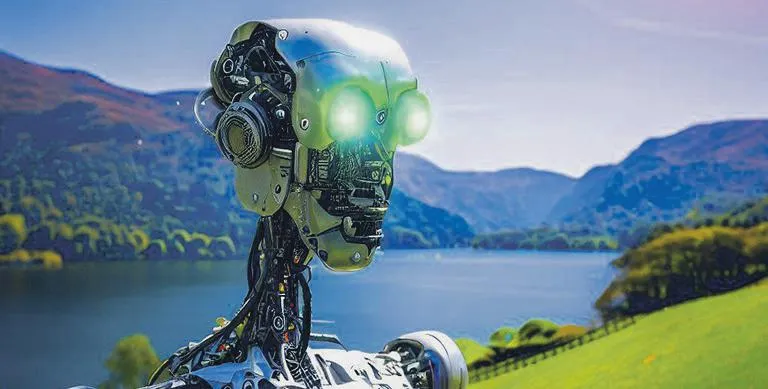Have you experimented with ChatGPT or Google Bard? These two extraordinary chatbots based on large language models can have ‘conversations’ about anything and everything.
It is like an interactive form of Wikipedia, a helpline, a travel guide, a review site, and much, much more. The conversations can mimic ordinary human chat to an incredible degree. They were very excited to hear all about my new dog and asked sensible questions, though it was a bit like talking to a child who has just read a book and wants to list all the facts they have learned.
Both these tools are a form of Artificial Intelligence (AI). True or real intelligence is found in living beings. Animals have varying degrees of intelligence and human beings have a capacity for intelligence far beyond that. But AI can outstrip human intelligence across all kinds of metrics: memory, analysis, decision-making, precision. Google Bard tells me that: ‘For tasks that require speed, accuracy, and repetitiveness, AI is often better than humans. For tasks that require creativity, empathy, and common sense, humans are often better than AI.’ ChatGPT makes a similar point and adds: ‘While AI can excel in specific domains, it cannot fully replicate the broad range of skills, experiences, and consciousness that humans possess. The goal of AI is often to augment human abilities and assist in solving complex problems, rather than replacing humans entirely.’






